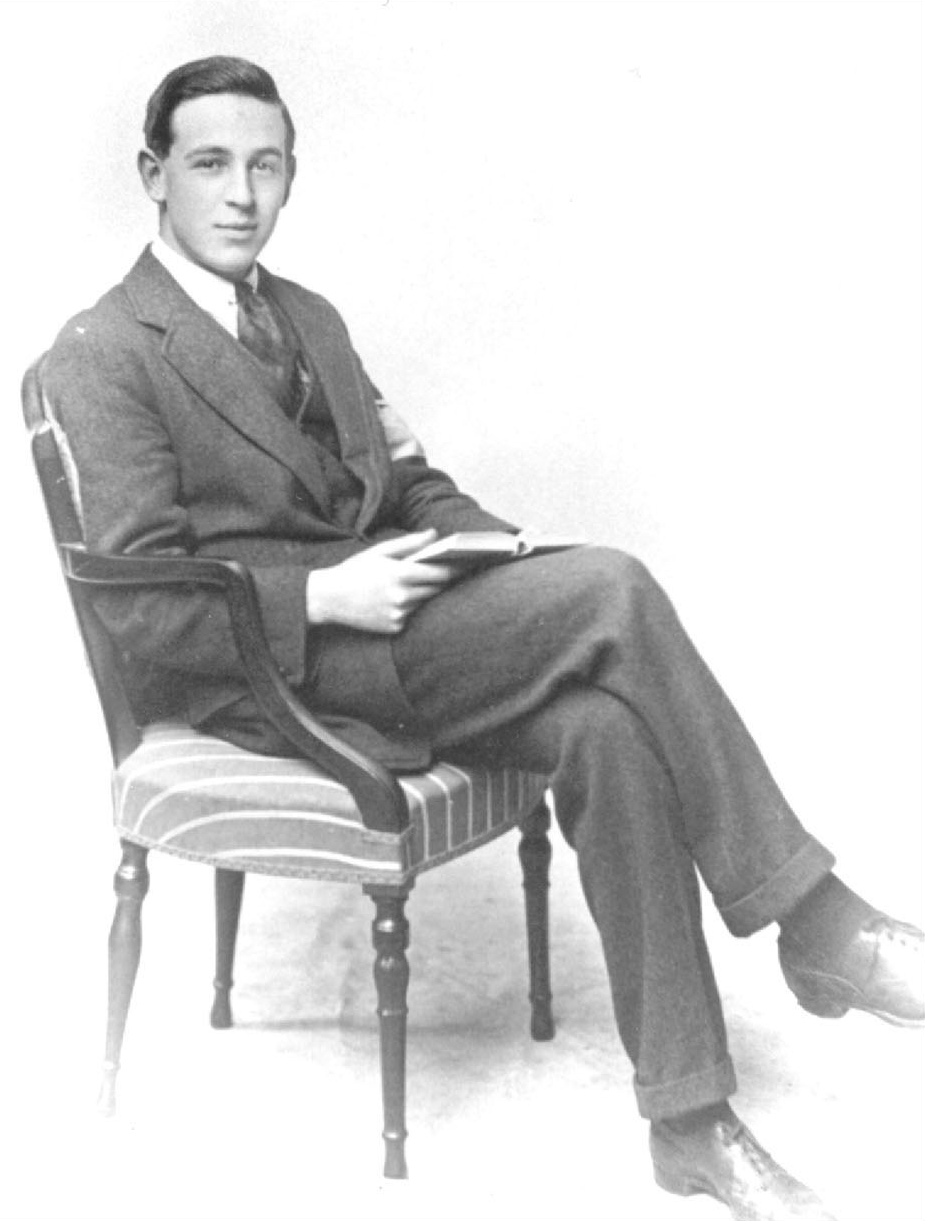There were a ton of them, but I'm thinking specifically Vichy like in the sense of being led by both anti-German/Axis popular figures (Petain) and formerly leftist politicians (Laval), showing the stark irony of fascist rule.
Wang Jingwei's Reorganized National Government in China is a key example of it, given how Wang was both anti-Japan (albeit in a defeatist way) and left-wing.
In contrast, regimes such as Quisling's Norway are different since Vidkun Quisling was already a fascist.
A good example is in the late John J. Reilly's C.S. Lewis obituary where Lloyd George of all people is the Petain-Laval put in charge of Mosley's Britain.

 www.benespen.com
www.benespen.com
What if the Republicans had won the Spanish Civil War only to fall to the Axis? What ironic figure would've ended up being the puppet there, assuming Mussolini and Hitler doesn't just put the Falange in charge?
Wang Jingwei's Reorganized National Government in China is a key example of it, given how Wang was both anti-Japan (albeit in a defeatist way) and left-wing.
In contrast, regimes such as Quisling's Norway are different since Vidkun Quisling was already a fascist.
A good example is in the late John J. Reilly's C.S. Lewis obituary where Lloyd George of all people is the Petain-Laval put in charge of Mosley's Britain.

The Long View: C. S. Lewis: An Alternative Obituary — With Both Hands
C. S. Lewis is now famous for having written the Chronicles of Narnia and a number of popular works of Christian apologetics , but as a young man he was involved in some dubious circles . This is an alternative account of his life had he not decided to seek the light.
 www.benespen.com
www.benespen.com
What if the Republicans had won the Spanish Civil War only to fall to the Axis? What ironic figure would've ended up being the puppet there, assuming Mussolini and Hitler doesn't just put the Falange in charge?